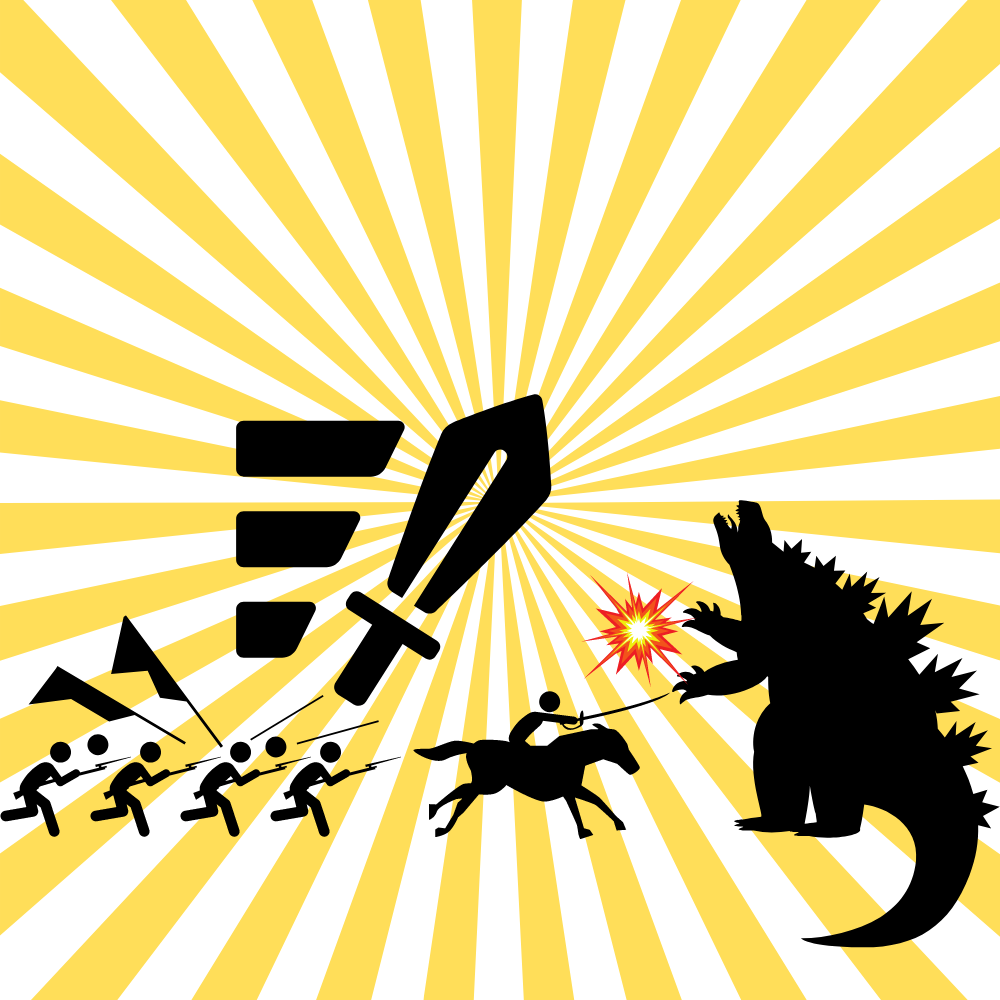Attack
Definition
Attack is both a verb and a noun. As a verb, it means to take aggressive action against someone or something with the intent to harm or defeat. As a noun, it refers to an instance of aggression or a sudden occurrence of something damaging or harmful.
Parts of Speech
- Verb
- Noun
Pronunciation
American English
- IPA Pronunciation: /əˈtæk/
- Respelling: uh-TAK
British English
- IPA Pronunciation: /əˈtæk/
- Respelling: uh-TAK
Etymology
The word "attack" originates from the French "attaquer," which derived from the Italian "attaccare," meaning "to attach, join, or take hold of." The term entered English in the 17th century, initially meaning to undertake or engage in aggressive action.
Derivatives
- Attacker (noun)
- Attacking (adjective/verb)
- Counterattack (noun/verb)
- Preemptive attack (noun)
- Attackable (adjective)
Synonyms
- Assault
- Strike
- Offensive
Antonyms
- Defense
- Protection
- Support
Usage
The word "attack" is used to describe acts of aggression, both physical and verbal, as well as instances of sudden harm or disruption. For example, "The troops attacked at dawn," or "He suffered an asthma attack."
Related Terms
- Assault: A violent physical or verbal attack.
- Raid: A surprise attack to cause disruption.
- Ambush: A surprise attack from a concealed position.
Detailed Definitions
Verb
- To take aggressive action against someone or something: Engaging in physical or verbal confrontation with the aim of causing harm or dominance.
- Example: "The army attacked the enemy base."
- To begin something with intensity or enthusiasm: Often used figuratively to describe approaching a task or challenge energetically.
- Example: "He attacked his homework with determination."
Noun
- An instance of aggression or assault: Refers to a specific event of physical or verbal harm or threat.
- Example: "The city experienced several air attacks during the war."
- A sudden occurrence of something harmful: Describes a negative event or unexpected, harmful episode, such as a health or technical issue.
- Example: "She had an asthma attack after the long run."
attack



🇨🇳 Mandarin (Chinese)
- Physical Violence: 攻击 (gōngjī)
- IPA Pronunciation: /kʊŋ.t͡ɕi˥˥/
- Respelling: gong-jee
- Verbal Criticism: 批评 (pīpíng)
- IPA Pronunciation: /pʰi˥˥ pʰiŋ˥˩/
- Respelling: pee-peeng
🇮🇳 Hindi
- Physical Violence: हमला (hamlā)
- IPA Pronunciation: /həm.laː/
- Respelling: hum-laa
- Verbal Criticism: आलोचना (ālocanā)
- IPA Pronunciation: /aː.loː.t͡ʃə.naː/
- Respelling: aa-lo-chaa-naa
🇪🇸 Spanish
- Physical Violence: ataque
- IPA Pronunciation: /a'take/
- Respelling: ah-tah-keh
- Verbal Criticism: crítica
- IPA Pronunciation: /'kritika/
- Respelling: kree-tee-kah
🇫🇷 French
- Physical Violence: attaque
- IPA Pronunciation: /a.tak/
- Respelling: ah-tack
- Verbal Criticism: critique
- IPA Pronunciation: /kʁi.tik/
- Respelling: kree-teek
🇸🇦 Modern Standard Arabic
- Physical Violence: هجوم (hujūm)
- IPA Pronunciation: /ħuˈʤuːm/
- Respelling: hu-joom
- Verbal Criticism: انتقاد (intiqād)
- IPA Pronunciation: /in.tiˈqaːd/
- Respelling: in-tee-kaad
🇧🇩 Bengali
- Physical Violence: হামলা (hāmlā)
- IPA Pronunciation: /ham.la/
- Respelling: haam-laa
- Verbal Criticism: সমালোচনা (samālocanā)
- IPA Pronunciation: /ʃamalotʃna/
- Respelling: sha-maa-lo-chaa-naa
🇷🇺 Russian
- Physical Violence: нападение (napadeniye)
- IPA Pronunciation: /nəpɐˈdʲenʲɪjə/
- Respelling: na-pa-dyen-ee-yeh
- Verbal Criticism: критика (kritika)
- IPA Pronunciation: /ˈkrʲitʲɪkə/
- Respelling: kree-tee-kah
🇵🇹 Portuguese
- Physical Violence: ataque
- IPA Pronunciation: /ɐˈtaku/
- Respelling: ah-tah-koo
- Verbal Criticism: crítica
- IPA Pronunciation: /ˈkritikɐ/
- Respelling: kree-tee-ka
🇮🇩 Indonesian
- Physical Violence: serangan
- IPA Pronunciation: /sə'raŋan/
- Respelling: suh-ran-gan
- Verbal Criticism: kritik
- IPA Pronunciation: /'kri.tik/
- Respelling: kree-teek
🇩🇪 German
- Physical Violence: Angriff
- IPA Pronunciation: /ˈʔan.ɡʁɪf/
- Respelling: ahn-griff
- Verbal Criticism: Kritik
- IPA Pronunciation: /kʁiˈtiːk/
- Respelling: kree-teek
🇯🇵 Japanese
- Physical Violence: 攻撃 (kōgeki)
- IPA Pronunciation: /koːɡeki/
- Respelling: koh-ge-ki
- Verbal Criticism: 批評 (hihyō)
- IPA Pronunciation: /çiçjoː/
- Respelling: hee-hyo
🇻🇳 Vietnamese
- Physical Violence: tấn công
- IPA Pronunciation: /tan kɔ˧˩ŋ/
- Respelling: tan kong
- Verbal Criticism: phê bình
- IPA Pronunciation: /phe˧˩ binj˧˩/
- Respelling: fay binh
🇰🇷 Korean
- Physical Violence: 공격 (gong-gyeok)
- IPA Pronunciation: /koŋ.ɡjʌk̚/
- Respelling: kong-gyuk
- Verbal Criticism: 비판 (bi-pan)
- IPA Pronunciation: /pi.pan/
- Respelling: bee-pan
🇹🇷 Turkish
- Physical Violence: saldırı
- IPA Pronunciation: /salˈdɯ.ɾɯ/
- Respelling: sal-duh-ru
- Verbal Criticism: eleştiri
- IPA Pronunciation: /eˈleʃ.ti.ɾi/
- Respelling: eh-lesh-ti-ree
🇵🇰 Urdu
- Physical Violence: حملہ (hamla)
- IPA Pronunciation: /hʌm.laː/
- Respelling: hum-laa
- Verbal Criticism: تنقید (tanqeed)
- IPA Pronunciation: /tʌn.qiːd/
- Respelling: tun-keed





